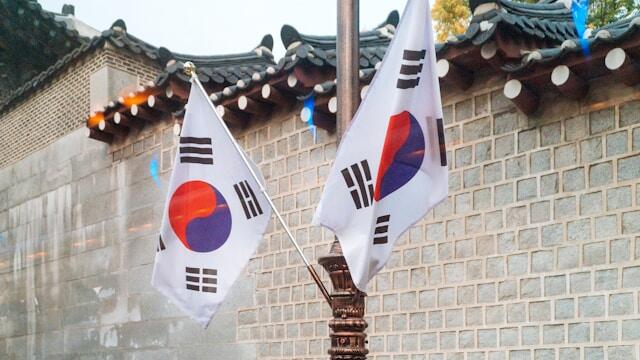Essential Guide to Korea Company Formation: D-8 Visa Requirements and Process

Establishing a company in Korea as a foreigner involves navigating a series of regulatory requirements, with obtaining a D-8 visa being a critical step. This guide offers aspiring entrepreneurs and professionals essential insights into the eligibility criteria and application process for the D-8 visa, ensuring a smooth transition into the Korean market. Key considerations include employment restrictions, financial documentation, and the duration of stay.
Understanding the D-8 Visa
The D-8 visa, also referred to as the "Corporate Investment Visa" or "Foreign Company Employee Visa," facilitates business activities for individuals representing foreign enterprises engaged in trade or investment with Korean businesses. It is tailored for short-term business engagements and does not provide permanent residency or allow employment with Korean companies.
Eligibility Requirements
Applicants seeking a D-8 visa must meet the following conditions:
- Employment by a Foreign Company: The applicant must be employed by a foreign enterprise actively engaged in trade or investment with Korean counterparts.
- Invitation Letter: An invitation letter from the foreign company detailing the visit's purpose and duration is mandatory.
- Stay Limit: The visa allows a maximum stay of six months.
- Criminal Record: A clean criminal record in both Korea and the applicant’s home country is required.
- Financial Stability: Proof of sufficient funds to cover the intended stay in Korea must be provided.
Application Process
The process for obtaining a D-8 visa includes the following steps:
- Required Documents:
- Valid Passport: Must remain valid for at least six months beyond the planned stay.
- Application Form: Complete the official D-8 visa application form, available online via Korean embassies or consulates.
- Photograph: Submit a recent passport-sized photo.
- Invitation Letter: Provide a letter issued by the foreign company.
- Business Registration Certificate: Include the registration certificate of the foreign company.
- Proof of Employment: Submit documentation verifying employment with the foreign enterprise.
- Financial Evidence: Demonstrate the financial capacity to sustain the stay.
- Processing Timeline: Visa applications are generally processed within five business days. Upon approval, applicants can travel to Korea to commence their assigned roles.
Key Considerations
- Employment Restrictions: D-8 visa holders may only work for the sponsoring foreign company and are prohibited from engaging with Korean entities.
- Visa Extensions: Extensions are possible but must be requested before the initial visa expires.
- Tax Obligations: D-8 visa holders are subject to Korean income tax and may also have tax liabilities in their home country.
- Compliance: Non-compliance with visa conditions or engaging in unlawful activities can result in visa revocation.
Conclusion
The D-8 visa is an essential pathway for foreign nationals aiming to conduct business in Korea. By understanding its requirements and restrictions, entrepreneurs and professionals can navigate the Korean regulatory landscape with greater ease.
At Pearson & Partners Korea, we specialize in supporting foreign entities with their expansion into Korea, offering expert guidance in company incorporation, tax accounting, and regulatory compliance. With our comprehensive services, we ensure a seamless and legally compliant entry into the dynamic Korean market.
For tailored assistance and expert advice on starting your business in Korea, contact Pearson & Partners Korea. Embark on a successful journey into one of Asia’s most vibrant economies with the right support by your side.
.png?width=1656&height=121&name=rsz_%EB%A1%9C%EA%B3%A0%ED%88%AC%EB%AA%85%20(8).png)

